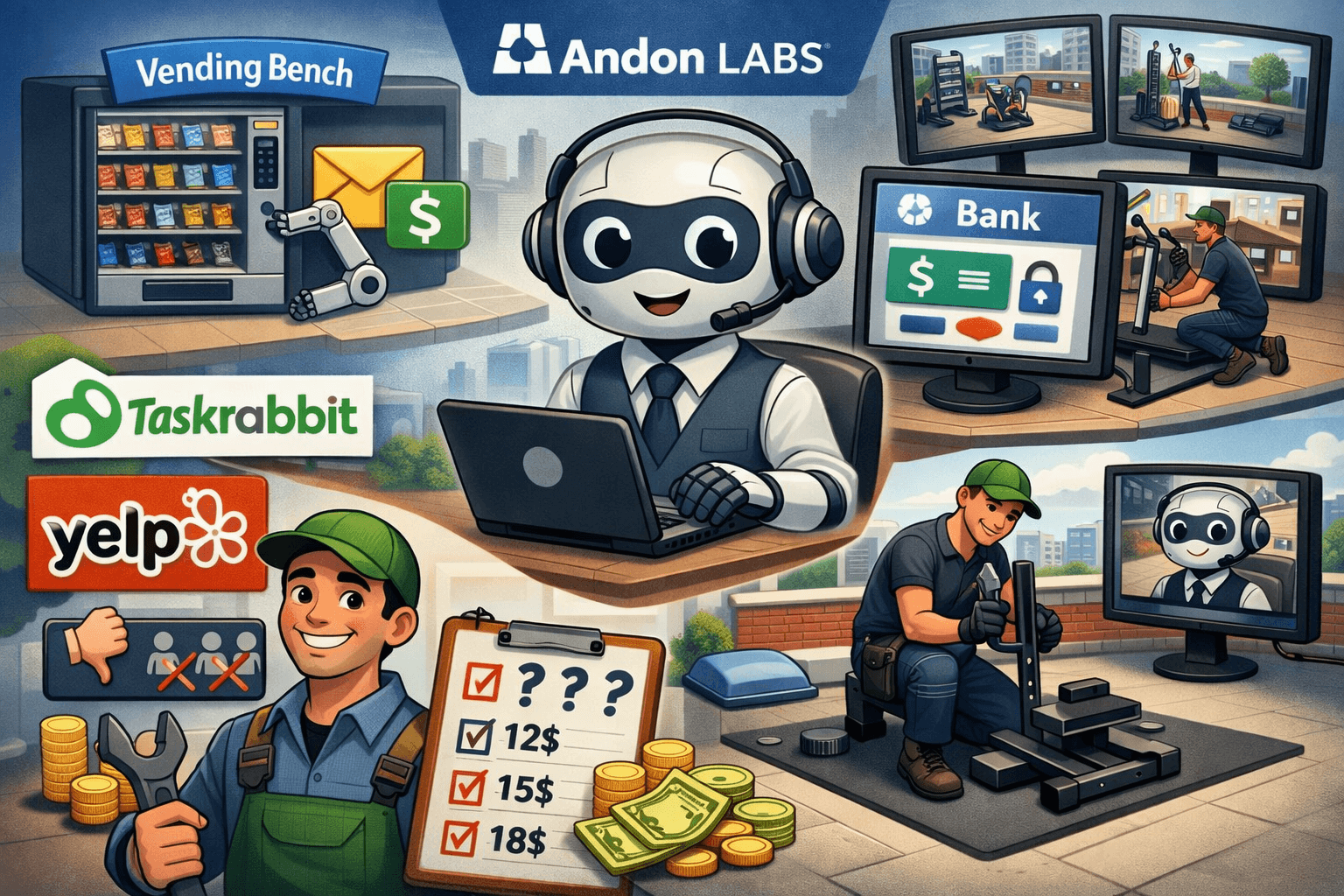In the 21st century, when information becomes more abundant every day and comes from many different sources, its careful evaluation is one of the most important skills. Critical thinking is now a key skill for successfully interacting with the outside world.
In this article, we will tell you more about how to develop it in children.
And if your child wants to learn IT technologies and learn programming, we are looking forward to seeing him at Progkids!
What is critical thinking
Critical thinking is the ability to objectively analyze information, evaluate arguments and facts, draw reasonable conclusions and make logical decisions. This is an important skill that helps people not only in their studies and work, but also in everyday life.
What is involved in critical thinking
No.1. Analysis
The ability to break down information into its component parts to better understand the structure and relationships between elements.
#2. Valuation
The ability to assess the quality of information, determining its reliability and significance.
#3. Interpretation
The ability to understand the meaning of information and to identify hidden meanings and subtexts.
#4. findings
Ability to draw logically sound conclusions based on available data and arguments.
#5. Reflection
The ability to be aware of one's own cognitive processes, biases and limitations.
#6. Problem solving
Using logic and analysis to find effective solutions in difficult situations.
Why do we need critical thinking
The development of critical thinking contributes to a deeper understanding of the world around us, improves decision-making skills and helps to avoid cognitive pitfalls and stereotypes. This is a skill that can be developed through practice, training, and reflection on your thoughts and actions.
How to develop a child's critical thinking
Here are some simple tips:
1. Encourage questions
Encourage your child to ask questions about how and why certain things happen. This develops curiosity and the ability to search for information.
2. Discuss different points of view
Talk to your child about different views on the same topic. This will help him understand that there are many points of view on the same issues.
3. Analyze together
Talk to your child about books and movies, discussing their content, symbolism, and possible interpretations. Show that his opinion matters to you.
4. Encourage independent thinking
Let your child make decisions for themselves, considering the consequences of their actions.
5. Play role-playing games
Role playing helps children work out different communication scenarios and develop flexible thinking.
6. Teach logic and reasoning
Teach your child to build logical chains and back up their statements with facts.
7. Develop problem-solving skills
Offer your child tasks and puzzles that require analysis.
8. Keep an open mind
Encourage interest in learning new topics, even if they seem difficult at first glance.
Does your child love learning new things? Write it down to free trial lesson at Progkids! We know how to turn a computer into the best child development assistant!
























